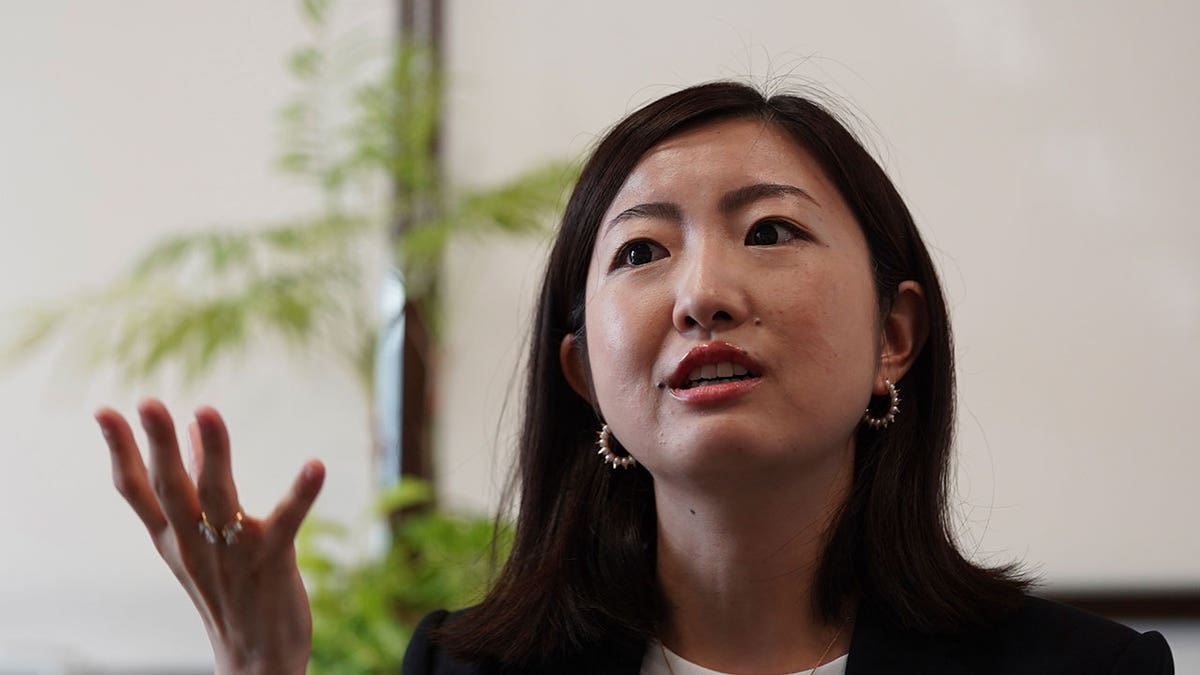In Japan, known for its strong company loyalty and lifetime employment culture, changing jobs has traditionally been frowned upon. Job-hopping is often seen as disloyal, even shameful. However, a new industry is emerging to help those seeking a career change: "taishoku daiko," or "job-leaving agents." These services assist individuals in navigating the often complex and uncomfortable process of resigning from a job.
Yoshihito Hasegawa, head of Tokyo-based TRK, which operates the Guardian service, likens the process to "a messy divorce." Guardian advised 13,000 people on resigning in 2022. Hasegawa explains that many employees stay in unsatisfying jobs out of a sense of obligation, feeling like "kamikaze" pilots sacrificing themselves for the greater good. He notes the cultural pressure to conform and honor seniority, making quitting feel like a betrayal.
Founded in 2020, Guardian primarily assists individuals in their 20s and 30s, from various sectors, to leave undesirable jobs. Almost half of their clients are women, some of whom encounter discrepancies between promised and actual working conditions. For a fee of $208, Guardian provides a three-month union membership, offering representation during the negotiation process with employers.
Guardian's clientele predominantly comes from small and medium-sized businesses, although some individuals from larger corporations also seek assistance. Often, employers resist employee departures, especially in a country facing labor shortages. While Japanese law guarantees the right to resign, some employers, accustomed to hierarchical structures, struggle to accept employees leaving. Those navigating this resignation process have described some resistant bosses as "fanatics," "bullies," and "mini-Hitlers."

The pressure to conform and the "workaholic" culture in Japan contribute to the difficulty of resigning. Workers often hesitate to challenge authority or cause disruption, fearing potential repercussions. Concerns about family and social perceptions also play a role. One Guardian client, using the alias Twichan, sought help after facing criticism for sales performance and experiencing suicidal thoughts. With Guardian's support, he resigned within 45 minutes.
Taku Yamazaki, who used a different taishoku daiko service, anticipated a complicated resignation due to his strong performance at a subsidiary of a major IT company. He valued his experience but wanted to move forward swiftly. These services offer quick responses to inquiries, typically providing an automated reply within minutes and a personalized response within one business day.
Lawyer Akiko Ozawa, who advises job-leavers and has authored a book on taishoku daiko, acknowledges the surprising difficulty of resigning in Japan. She emphasizes the significant courage required, particularly given the challenges employers face in finding and training replacements. Ozawa charges $450 for her services and encourages individuals experiencing significant job-related distress to prioritize their well-being.
Another service, Albatross, offers its "MoMuri" ("can't stand it anymore") service for $150 (full-time) or $80 (part-time). Founder Shinji Tanimoto notes that while workplace issues have always existed, people are now more aware of online resources. He shares stories of clients expressing relief and gratitude, some even moved to tears. Examples include a client who left a pet salon due to animal mistreatment and another who resigned from a dental office with unhygienic practices.
Toshiyuki Niino, founder of Exit Inc., a pioneering taishoku daiko service established in 2018, was inspired by his own negative experiences with abusive bosses. He now charges $140 and notes that resignations can often be finalized within 15 minutes once the paperwork is initiated. Niino criticizes the Japanese education system for fostering obedience and hindering assertiveness. He plans to expand his services to include mental health support, job referrals, and potentially international operations.
Niino humorously recounts an employee who used a competitor's service to resign and subsequently launched their own taishoku daiko business. He ultimately emphasizes the importance of individuals finding their own voice and advocating for themselves.
Comments(0)
Top Comments